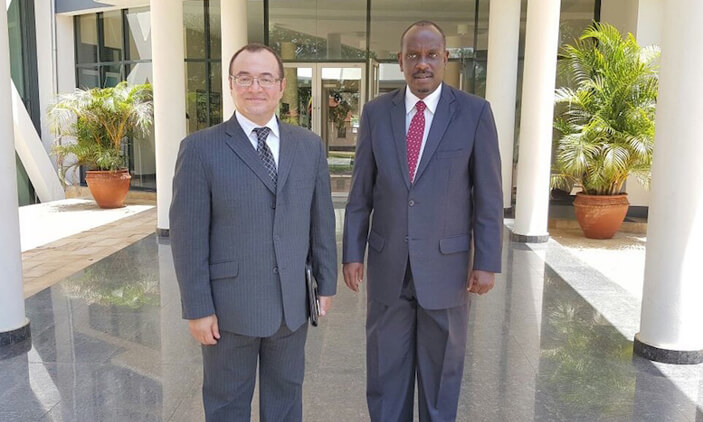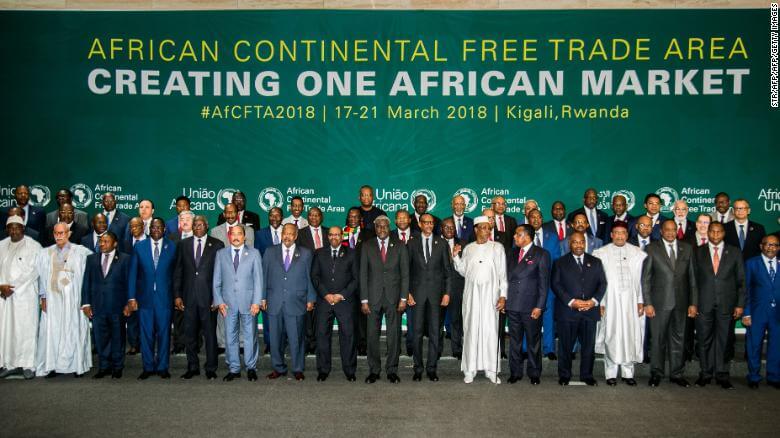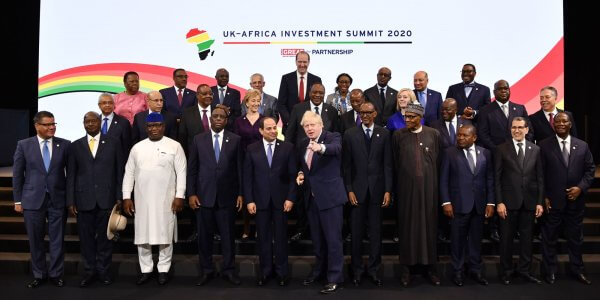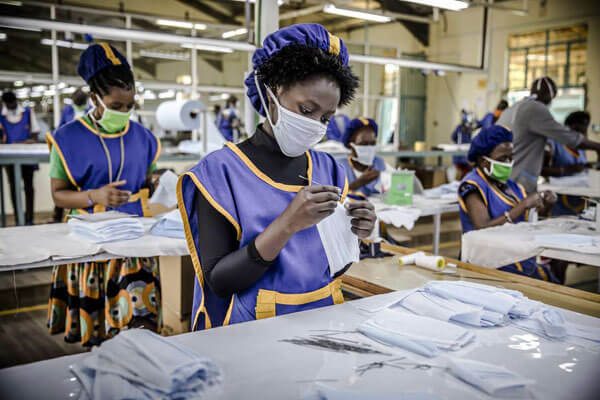Ethiopia-Eritrea relations continue to thaw, as on Sunday, May 3, Eritrean president Isaias Afwerki, Foreign Minister Osman Saleh, and Presidential Advisor Yemane Ghebreab, visited Ethiopia, where they were received by Prime Minister Abiy Ahmed. During the two-day diplomatic visit, the leaders discussed bilateral cooperation and regional issues affecting both states, including the COVID-19 pandemic and the desert locust infestation. Afwerki and his delegation also visited several agricultural and water development projects in Ethiopia’s Oromia Regional State. After two decades of hostility, Eritrean-Ethiopian diplomatic relations were revived in June 2018, when a peace deal was signed to formally end the countries’ 1998-2000 border war and to open borders between the countries. However, borders were again closed several months after the initial agreement; Ethiopia and Eritrea have yet to come to a formal agreement on their reopening. Also in Ethiopia, the Tigray region has announced plans to hold regional elections in defiance of a nationwide postponement of voting due to the COVID-19 pandemic. Defending their decision, the region’s governing Tigray People’s Liberation Front (TPLF) said, “We are making preparations including the holding of a regional election in order to safeguard the rights of our people from chaos.” Ethiopia’s National Election Board has stated that the TPLF did not submit a request for a vote, and that only the National Election Board has the mandate to conduct an election. In other regional news, on Monday, May 5, Sudan announced the appointment of its first ambassador to the United States in 23 years. Sudan’s...























